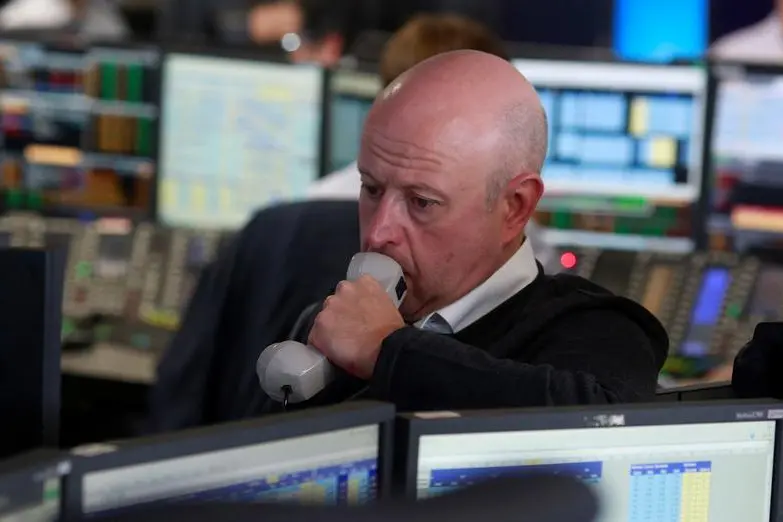PHOTO
The oil markets saw a historic day on the eve of the collapse of the US crude oil prices below zero, which sets a precedent and perhaps a turning point in the global oil industry, particularly the US industry. April 20 is a date that the oil markets and participants will never forget after the crash of the price of the West Texas Intermediate crude to $37.63 below zero.
The causes of oil prices collapse include the 25 percent drop in global demand, the outbreak of the COVID-19 and its negative impact on the global economy, and the surplus supply. However, the crash of the West Texas crude contracts could be due to the paper trading of New York Stock Exchange.
By that, I mean the crude oil futures trading in which traders actively speculate for financial gains, not for oil shipments.
Most traders of crude oil futures do not care about oil shipments; rather, they speculate in these shipments, leading to a price collapse on the maturity date. In a historic precedent, the oil tanks were full.
This incident might occur again if the speculation transactions are not controlled with respect to contracts in future markets and the fuel papers in New York Stock Exchange market.
The crude oil futures brought the prices to a complete collapse because the speculators failed to get rid of oil and were not willing to receive any oil shipments, let alone there were no tanks to store oil if they had to receive the shipments. Besides, all US oil reservoirs were full. Therefore, they had to get rid of oil to stop the accumulated losses.
The role of speculators in the crash of West Texas Intermediate Crude prices is shrouded in murkiness. The Western media has turned a blind eye to it and has not uncovered its dangerous mechanism, which brought huge damage to the US and global oil industry. The Western media opted instead to blame OPEC+ states, particularly Saudi Arabia.
The US media has not stopped attacking Saudi Arabia, holding it responsible for the crash in oil markets since the Black Monday, although Saudi Arabia is eager to strike a balance in the oil market while leading OPEC+ to reach an agreement on historic reduction of output to 9.7 million barrels a day.
From the US perspective, Saudi Arabia has become the main cause of the oil crisis, although in reality the country is conversely the main guarantor of oil market stability and energy security during crises.
Some Western media outlets deliberately overlook the fact that Saudi Arabia does not allow any activities of speculators and intermediaries; rather, the contact is concluded directly with the ultimate buyer.
In other words, buyers who sign contracts with Saudi Aramco will have their shipments delivered to them. This fact denies the accusation that the Kingdom floods the US market with Saudi oil or causes oil futures prices to collapse.
Aramco implements a clear-cut policy for selling its oil to permanent and contingent customers. No oil tanker will move unless the purchase contract has been signed. This will guarantee that the oil shipment will reach its destination and prevent any form of speculation on it. The oil produced off Saudi wells meets the demand and prevents any form of flooding the market with surplus production.
The surplus supply and the shortage of reservoirs exacerbate the oil losses. That is why OPEC+ made a historic reduction of output amounts to 9.7 million barrels a day. Saudi Arabia said it was ready for more reduction if and when necessary.
Perhaps the market needs more reduction in order to reduce prices more. However, the West Texas Intermediate crude recorded negative prices attributed to trading and speculation in the future markets of New York. I believe it is one of the threats to the global oil industry as it disrupts the US oil industry by building a bubble of paper barrels.
Fadhel Saad Al-Buainain is a member of the board of directors of the Saudi Financial Association.
Copyright: Arab News © 2020 All rights reserved. Provided by SyndiGate Media Inc. (Syndigate.info).





















